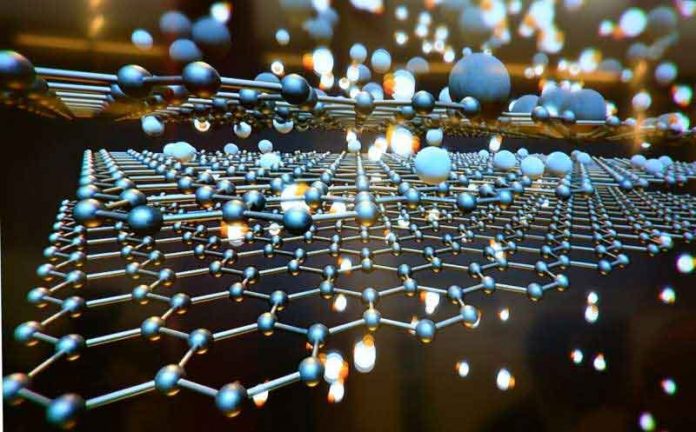Tulane University School of Science and Engineering scientists have developed a new family of two-dimensional materials. This new innovation has promising applications which includes advanced electronics and high-capacity batteries.
The research was led by Michael Naguib who is an assistant professor in the Department of Physics and Engineering Physics. The study was published in the journal Advanced Materials.
Two-dimensional materials are nanomaterials with thickness in the nanometer size and lateral dimensions thousands of times the thickness. Their flatness offers unique set of properties compared to bulk materials.
The name of the new family of 2D materials is transition metal carbo-chalcogenides or TMCC. It combines the characteristics of two families of 2D materials which are transition metal carbides and transition metal dichalcogenides.
The latter is a large family of materials that has been explored extensively and found to be very promising. Especially for electrochemical energy storage and conversion. But he said one of the challenges in utilizing them is their low electrical conductivity and stability.
Transition metal carbides are excellent electrical conductors with much more powerful conductivity. Merging the two families into one is anticipated to have great potential for many applications such as batteries and supercapacitors, catalysis, sensors and electronics.
Scientists developed a new 2D material that has the combination of both compositions without any interface, instead of stacking the two different materials like Lego building blocks with many problematic interfaces.
Scientists used an electrochemical-assisted exfoliation process by inserting lithium ions in-between the layers of bulk transition metals carbo-chalcogenides followed by agitation in water. Unlike other exotic nanomaterials,the process of making these 2D TMCC nanomaterials is simple and scalable.

